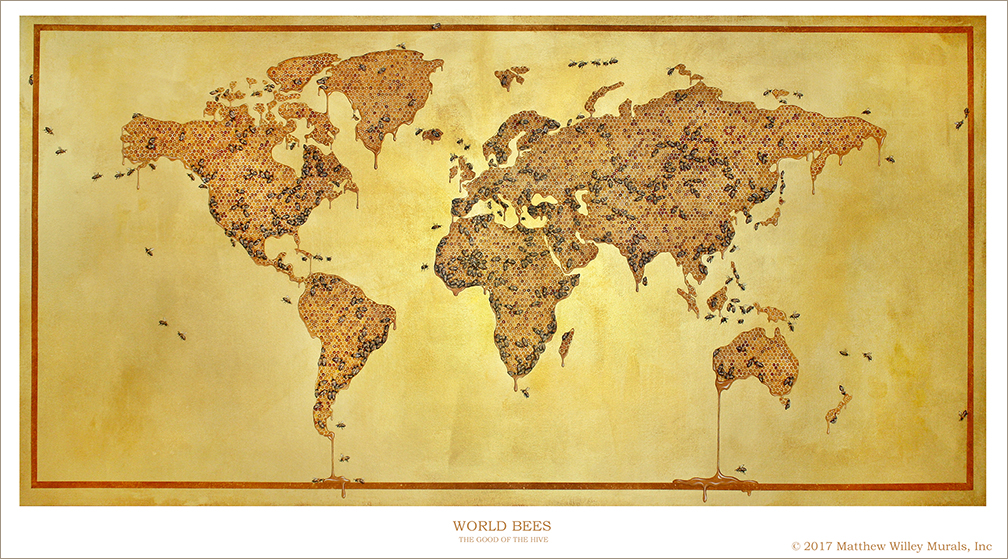For the Good of the Hive
"The health of a honey bee is based on the health of the hive, not the individual bee. Collective action is necessary for growth and expansion. Humans are the same way, although we rarely act like it. Many of the issues we face today are not divided by borders. In fact, bee health or pollination issues are more likely to be solved by transcending them." Matthew Willey When Melissa Stephenson, a Plexus Catalyst shared information about the New Hampshire Honey [...]

